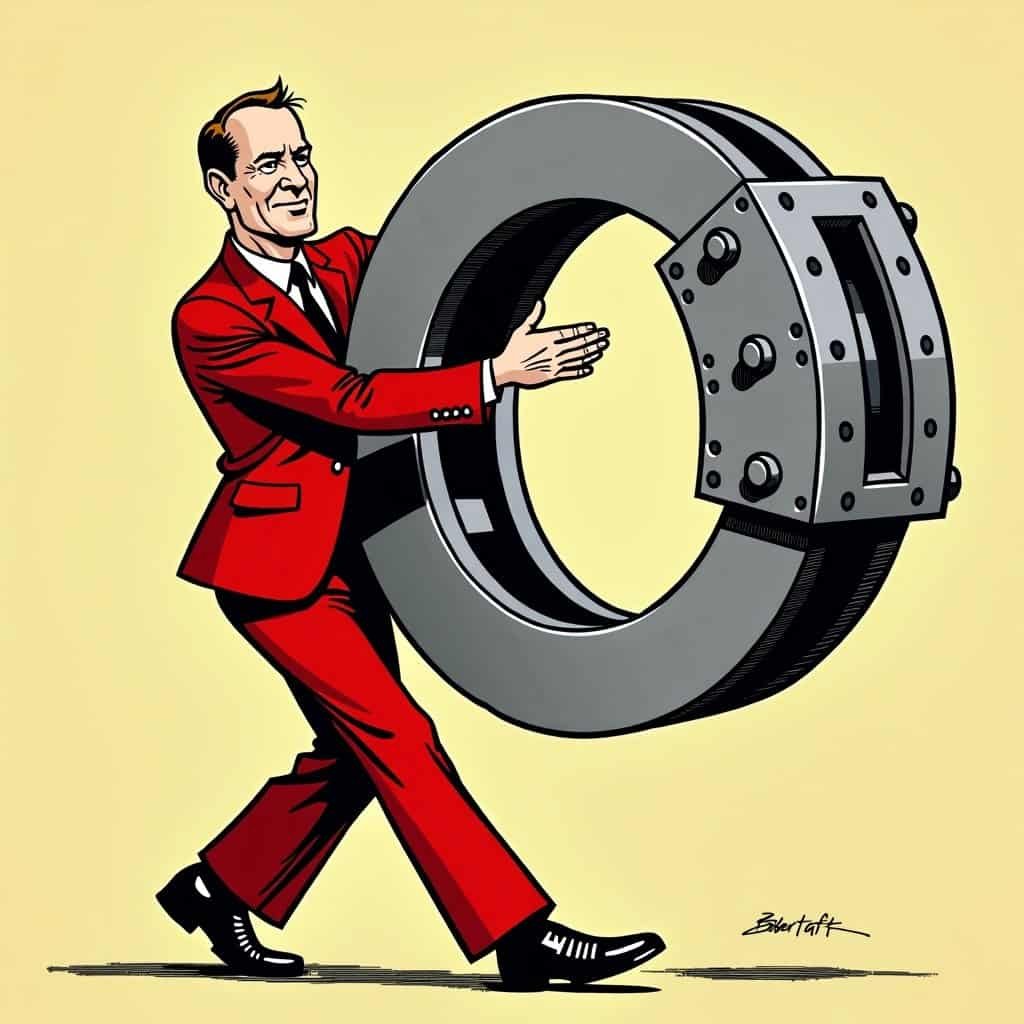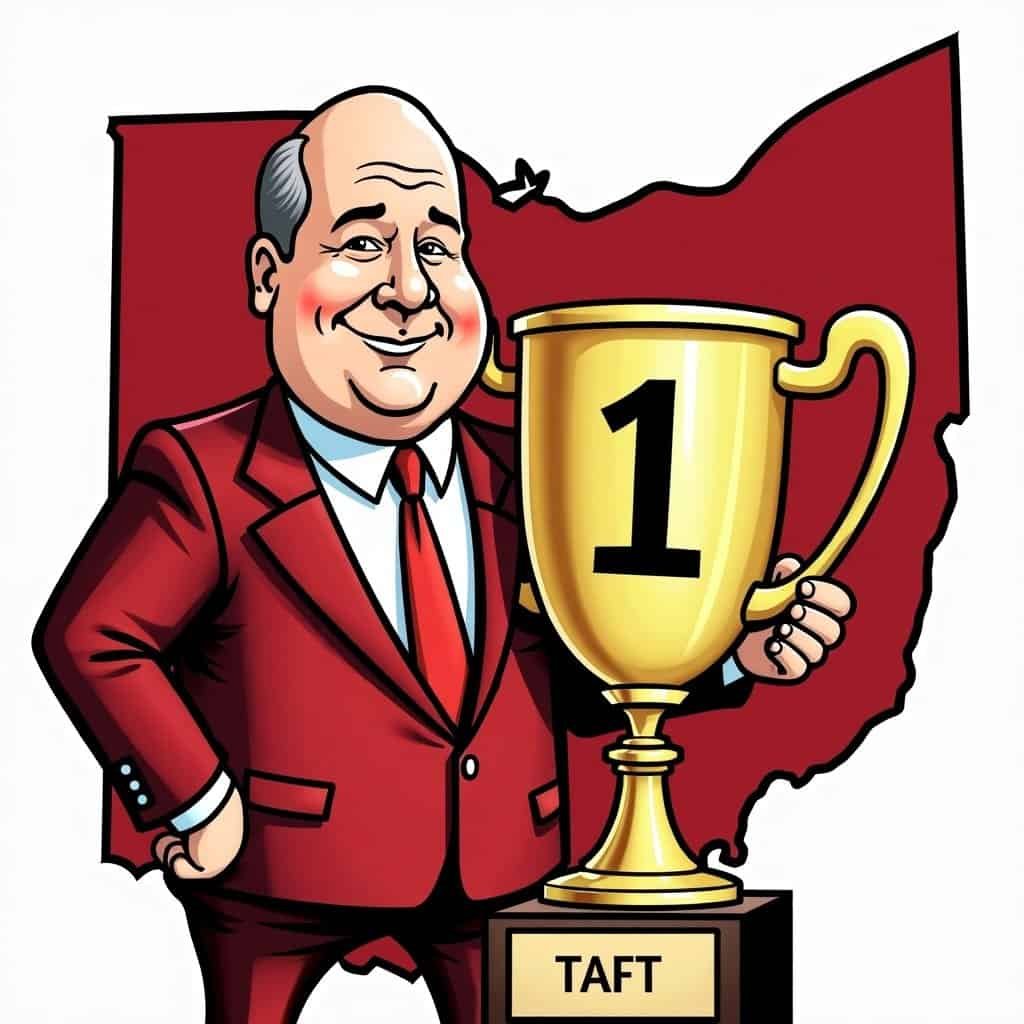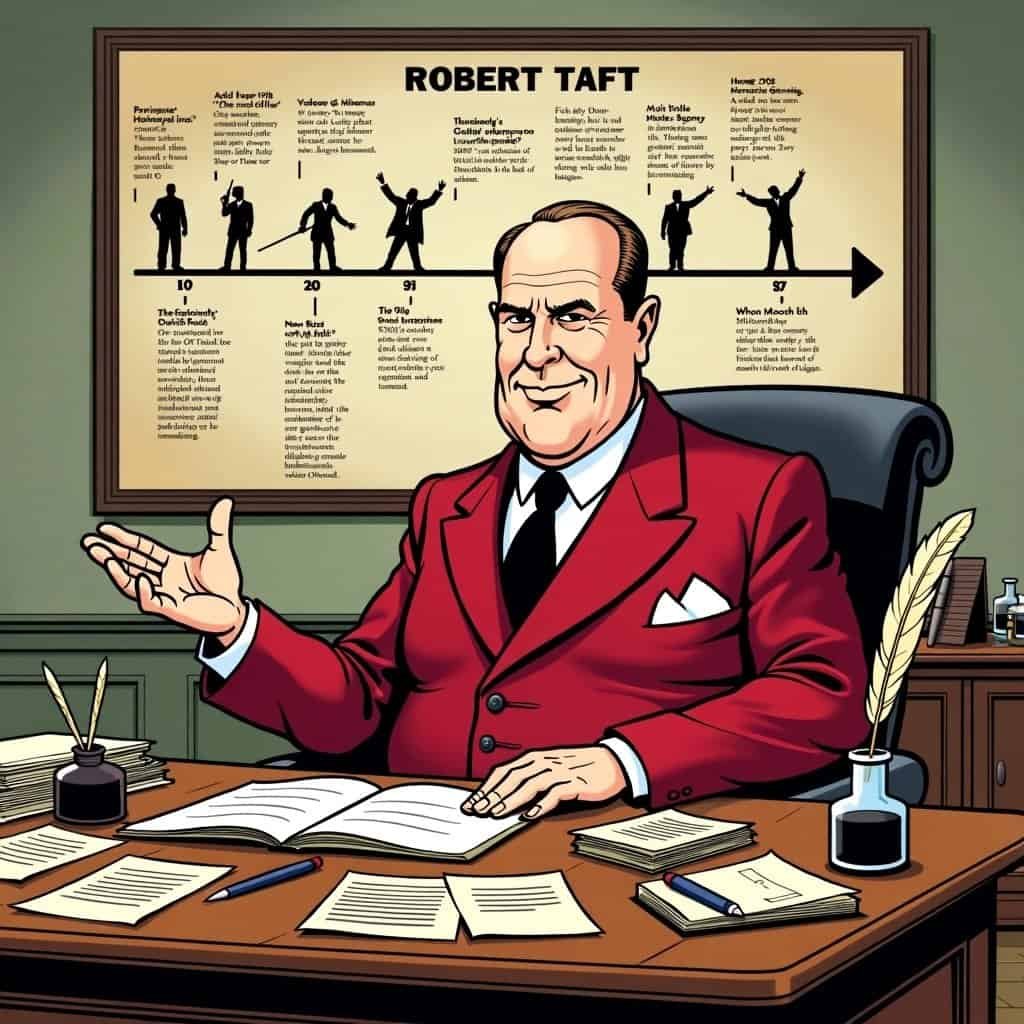Senator Robert A. Taft, affectionately dubbed “Mr. Republican,” played a unique role in the grand orchestra of political ideology. If we measured political stardom by opposition to foreign aid, Taft would be the chart-topping hit of conservative classics! Often seen as the unwavering figure against overseas assistance, his logic was crystal clear: keep America’s wallet close and our nation’s wealth on home turf.
Foreign aid! Or as Taft might jokingly call it, “handouts for the internationally connected.” It’s like lending your best suit to a neighbor, hoping they’ll invite you to a fancy shindig later. But Taft? He was all about keeping that suit in the family closet.
So why did Mr. Republican turn his nose up at this monetary diplomacy? The answer lies in the foundation of conservative values. How could we justify sending funds overseas while our own backyard needed some TLC? Taft believed America’s strength came from smart investments and self-reliance at home. He championed the idea that a nation should stand on its own two feet rather than relying on the allure of aid abroad.
Taft’s Perspective on Foreign Aid
| Taft’s View | Liberal View |
|---|---|
| Focus on domestic growth | Spread goodwill globally |
| Self-reliance and fiscal responsibility | International cooperation |
| Strengthen America from within | Build global harmony |
Imagine Taft in the Senate, raising an eyebrow when the topic of foreign generosity popped up. He probably thought, “Excuse me, what’s the return on this investment again?” For Taft and his fellow conservatives, it wasn’t just about the numbers, but the steadfast belief in self-reliance and fiscal responsibility. That sparkle in Taft’s eye wasn’t just from his polished shoes but a vision of a nation growing stronger by its own hard work.
Liberal opponents might have thought pouring cash into foreign economies would spread goodwill like butter on a hot biscuit. Yet, Taft and his band of like-minded folks preferred to focus on keeping American prosperity right where it belonged: in our own backyard! His conservative reasoning was straightforward: a strong, independent America could better handle the chaos on foreign fronts.
Taft’s Dream for America
Liberals of the day perhaps fantasized about global harmony funded straight from the halls of Congress. But Taft had different dreams—those of a nation flourishing with growth driven by home-grown development. While some chased idealistic goals abroad like mirages in the desert, Taft steered the ship clear of international… well, let’s just say well-intentioned obstacles.
In today’s swirling currents of global politics, there’s still respect for Taft’s clear stance against foreign handouts in favor of lasting domestic progress. His position reminds us that while it’s admirable to help globally, we shouldn’t forget to first build a stable and prosperous country—where businesses invest back into the community, where local neighborhoods thrive independently, and where national pride is homegrown and self-sustained.
In the end, Taft’s legacy speaks to those who value self-sufficiency, standing tall for conservative principles proudly waving in the American breeze! Or to put it simply, “Why send an open wallet across the ocean when we could be boosting Jacksonville or Dallas?” That was the straightforward clarity of Robert Taft’s rock-solid stance, a timeless tune that’s bound to resonate with any true-blue conservative today.






